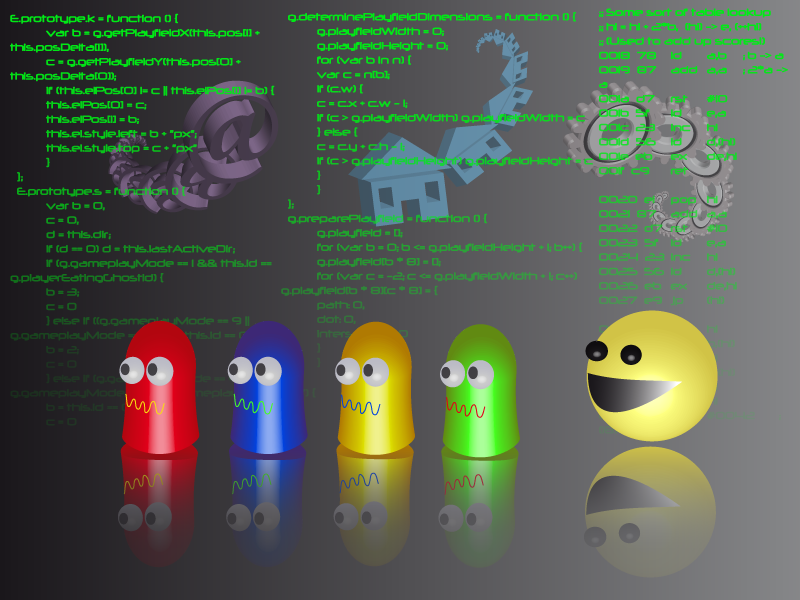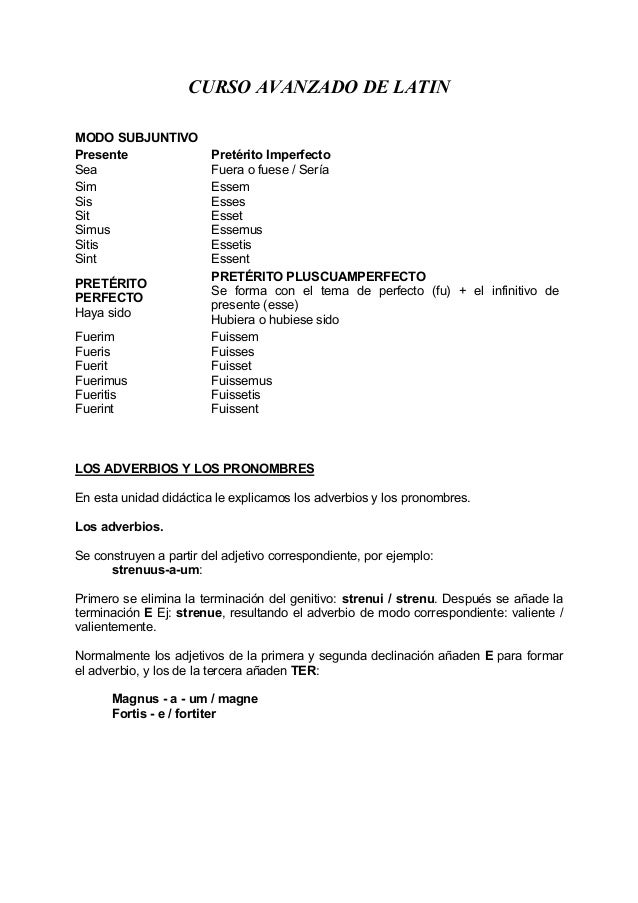
Cum acceditis ad mensam, donec inde surgatis, quod vobis secundum consuetudinem legitur, sine tumultu et contentionibus audite nec solae vobis fauces sumant cibum, sed et aures esuriant Dei verbum. What manner of than he was - How he looked and especially if there was anything in his appearance that required correction. Quando autem aliquis non potest ieiunare, non tamen extra horam prandii aliquid alimentorum sumat, nisi cum aegrotat. The apostle does not refer to any intention on his part, but to what is known to occur as a matter of fact. See the Isaiah 3:24 note, and Job 37:18 note.įor he beholdeth himself - While he looks in the mirror he sees his true appearance.Īnd goeth his way, and straightway forgetteth - As soon as he goes away, he forgets it. Glass was not commonly used for mirrors among the ancients, but they were made of polished plates of metal. The phrase “natural face” (Greek: face of birth), means, the face or appearance which we have in virtue of our natural birth. If, however, we were doers of the word,” we should endeavor to remove all those defects and blemishes in our moral character, and to bring our whole souls into conformity with what the law and the gospel require. But we turn away immediately, and forget it all. Iam nostis te erga hunc hominem sensum habere. Fortem esse debes, et rem tracta, antequam locum claudas et moveas. Olim te in altiorem ordinem et amor Caesaris extulit et tua studia eduxerunt. Questus est aliquis post-supplexum valde durum esse potest, sed oblitus alicuius tui numquam fuit, potest etiam esse difficillimusfortasse etiam magis. In multa luce fortuna te posuit omnes scient, quomodo te in isto tuo gesseris vulnere, utrumne statim percussus arma summiseris an in gradu steteris. In the perfect precepts of the law, and the perfect requirements of the gospel, we see our own short-comings and defects, and perhaps think that we will correct them. Liberiora sunt omnia iis, quorum adfectus tegi possunt tibi nullum secretum liberum est. When looking in the mirror, we can see all the defects and blemishes of our person if there is a scar, a deformity, a feature of ugliness, it is distinctly before the mind but when we turn away, that is “out of sight and out of mind.” When unseen it gives no uneasiness, and, even if capable of correction, we take no pains to remove it. While actually looking in the mirror, we see all our features, and can trace them distinctly when we turn away, the image and the impression both vanish.


The apostle refers to what all persons experience, the fact that we do not retain a distinct impression of ourselves after we have looked in a mirror. For if any be - The ground of the comparison in these verses is obvious. qudam ( feminine quaedam, neuter quiddam ) relative / interrogative pronoun (with m optionally n in compounds) with an indeclinable portion.


 0 kommentar(er)
0 kommentar(er)
